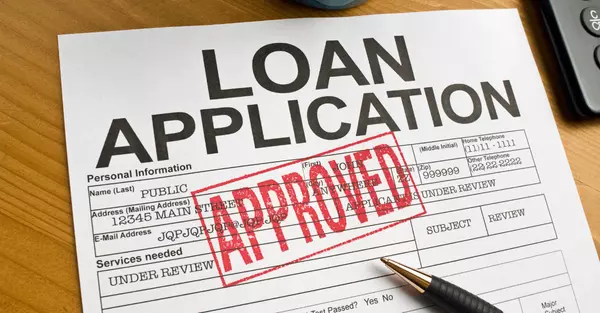

Paw-sitively Perfect: Exploring Pet-Friendly Places and Activities in Northern Virginia
Northern Virginia is not just a great place for humans; it’s also a paradise for our furry friends! Whether you’re a proud dog owner or a cat lover looking for pet-friendly outings, this region has plenty of fantastic spots where you and your pets can enjoy a day out together. Let’s dive into some o
Read More

Northern Virginia: The Hidden Gem of American Tech Innovation
While many people’s minds go straight to California’s Silicon Valley when they think of technology and innovation, there’s a dynamic and rapidly growing tech hub sitting quietly in the Mid-Atlantic region: Northern Virginia. Known for its booming economy, rich history, and vibrant communities, North
Read More

Living in Northern Virginia: A Two-Sided Perspective
Northern Virginia, often referred to as NoVa, boasts a unique blend of suburban charm and urban convenience. With its proximity to Washington, D.C., this region attracts individuals and families eager for a vibrant lifestyle. From diverse neighborhoods to access to top-tier schools, there’s much to
Read More

Northern Virginia Housing Market Shows Steady Growth in March 2025
According to the latest report from the Northern Virginia Association of Realtors® (NVAR), the Northern Virginia housing market is on an upward trajectory. March 2025 continued to showcase a robust environment for home buyers and sellers, marked by rising home prices, sales volume, and an increase i
Read More
Categories
Recent Posts










